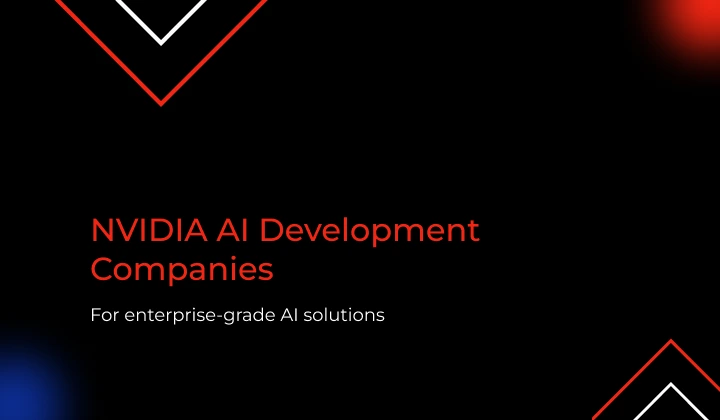Benefits of Implementing AI Agentic Workflows
Below are the common benefits of having AI Agentic workflows.
1. Increased Efficiency and Productivity
One of the most significant advantages of AI agentic workflows is the boost in efficiency.
By automating repetitive tasks, businesses can streamline operations, allowing employees to focus on more complex and rewarding work.
This can lead to faster project completions and improved overall productivity.
2. Enhanced Decision-Making
With AI processing data and generating insights, decision-making becomes more informed.
Businesses can use predictive analytics to anticipate market trends, customer behaviors, and operational challenges.
This capability helps organizations to act proactively rather than reactively.
3. Cost Reduction
AI workflows can help reduce costs significantly.
By minimizing manual labor, optimizing resource allocation, and improving operational efficiency, companies can achieve substantial savings.
Moreover, the insights generated by AI can lead to better financial decisions, further enhancing profitability.
4. Scalability and Flexibility
As businesses grow and evolve, so too must their workflows.
AI agentic workflows are inherently scalable which helps organizations to adapt quickly to changing demands.
This flexibility ensures that as new challenges arise, the workflows can adjust, maintaining productivity and effectiveness.



 22 mins
22 mins











 Talk to Our
Consultants
Talk to Our
Consultants Chat with
Our Experts
Chat with
Our Experts Write us
an Email
Write us
an Email







